
On August 24th, 2018, BTS released their music video for 'IDOL.' Aside from sweeping the charts immediately upon release both domestically and internationally, 'IDOL' garnered a whopping 45 million views on YouTube within its first 24 hours of release, becoming the biggest YouTube music video debut in history. With this record, BTS beat out the global phenomenon Taylor Swift, who held the record previously at 43.2 million views for her music video, 'Look What You Made Me Do.'
Without a doubt, this is an incredible time for K-pop, as artists like BTS, TWICE, and Black Pink (just to name a few) are globalizing the music genre like never before. Accomplishments like having the biggest YouTube music video debut ever, being on the Billboard charts, and performing at the American Music Awards are confirmation that K-pop is now becoming a serious contender in the global music industry, including in the United States.
However, in midst of the globalization and the commercialization of K-pop, I have noticed something peculiar in the last few years of following the hundreds of releases in the industry. It's the obsession with view counts on YouTube, causing a surge of fans who seemingly are only obsessed with increasing the views on the videos of their favorite artists. On many of the high-profile music videos, such as those of BTS, TWICE, and Black Pink, one can often find comments that have a checklist of view "milestones" like 1M (views), 5M, 10M, etc., and others like "We're slowing down guys! Please keep streaming. Use multiple devices…" At its worst, I've seen some fans comment on videos that encourage others to stream more often so that they can beat out another group to a milestone.
In an allkpop forum discussion, members argue that the obsession with views first came about around the early 2010s, when artists like Big Bang and Girls' Generation began racking up views that were over 100M views (in 2018, artists like BTS can garner 100 million in just a few days), catching the attention of American news media as well as Korean media. Since then, major trends like PSY's 'Gangnam Style,' Girls' Generation's 'I Got a Boy,' 2NE1's 'I Am the Best,' and Big Bang's 'Bang Bang Bang' garnered hundreds of millions (and billions, in PSY's case) of views. Not only did this spur the renewed interest in agencies to jump the Pacific Ocean to gain relevance in the US music market, but it also began to incite the fans to "beat" the view record from one video to the next. One has to wonder if the excitement of hearing music for the first time before its official release was ever replaced with the anxiety and pressure to beat the view count of the last release from one's favorite artist.
On the one hand, view obsession follows a similar cultural and societal shift in the age of digital information, where music streaming and YouTube are heavy-traffic platforms, and view counts and streaming numbers have become new metrics for success. In addition, accomplishments like view counts can serve as organic marketing material to promote the artists' works. One key example is YG's Yang Hyun Suk continuously posting the agency's music video view counts on social media channels, such as Instagram and Facebook. Often times, view counts can be an indicator of success because of its relationship to how well the music itself is doing elsewhere – charts, album sales, promotions, appearances, shows, concerts, etc. An important argument, in addition, is the notion that for many global fans who often do not have the resources to other avenues of support (i.e. concert tickets or means to buy albums that can become pricey), viewing the music video for an artist is the only way to show their support.
But on the other hand, devoting energy and time to view counts can take the focus away from the true value and merit of the artist's works. This clearly comes across many of the prominent music videos like 'IDOL' and others like 'DDU-DU-DDU-DU' and 'Dance the Night Away,' where many of the comments indicate the views, mentioning achievements in a certain time frame, next goals, etc. Many urge others to stream more, others thank those in the fandom for streaming, and some even go as far as listing "stats," bringing in external metrics that have no apparent relevance to the video – views from the artist's other music videos for comparison, daily view counts, and even ranking the videos based on views in the comments. Buried within those comments, are the comments I'm used to from the days before views were so noteworthy. Flicking through the hundreds of thousands of comments, I can find comments that comment on the beauty of the video, the style of the music, and the authentic, inherent value in the music and the visual quality of the video.
As a relatively non-biased fan of many groups, I am disappointed when so much of the comment section is so devoted to the views instead of actual meaningful discussion. Many times, I share the excitement over the views – especially if it's breaking records and I see it trending on the global YouTube pages. And fans have every right to be proud of the genre especially if they have followed it for a long time, as they have seen the struggles that many artists went through to make it beyond Korean and surrounding Asian markets. However, at the same time, I miss the comment sections where fans point out their favorite moments – their meticulous attention to detail often pick out the best moments in the videos, where fans theorize on the storyline, the plot, etc. Of course, this still happens, but it seems to happen in the smaller, less viewed videos, where fans are not as obsessed with views, a time reminiscent of K-pop past.
I think as long as YouTube remains a prominent platform for promoting content and as long as music videos continue to be tied to releases (which I do not foresee changing in the near future), this obsession with views will only increase. But my hope is that as fandoms develop and mature, we, as a community of fans of artists left and right, small and big, will support our favorite artists in ways that are not as tied to the numbers. I hope that this thought starter article can push fans to show their appreciation of music videos in other ways than regurgitating the view count. As a gentle reminder of how beautifully well-spoken fans could be, below are some music videos where fans show their love in words, not numbers.
SEE ALSO: NCT WISH wins again with 'poppop' + Stellar performance on April 26th’s 'Show! Music Core'

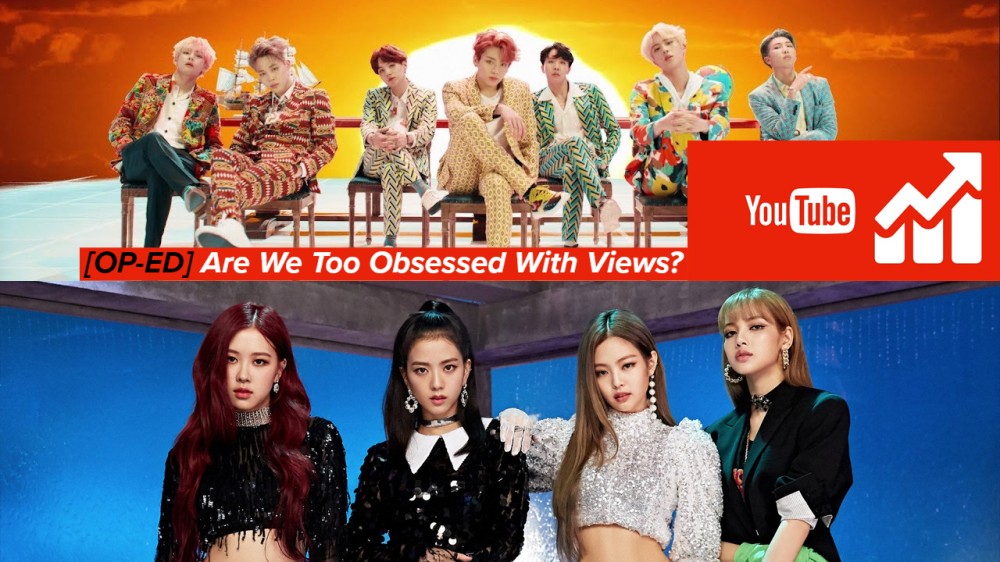
 SHARE
SHARE





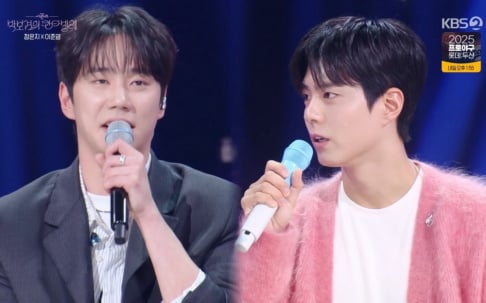
















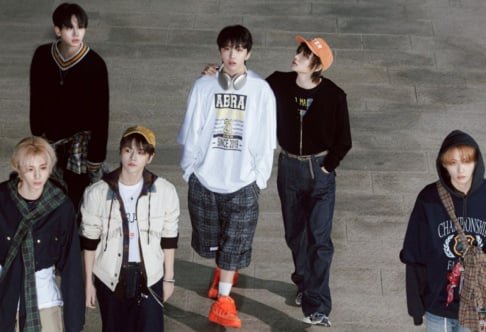
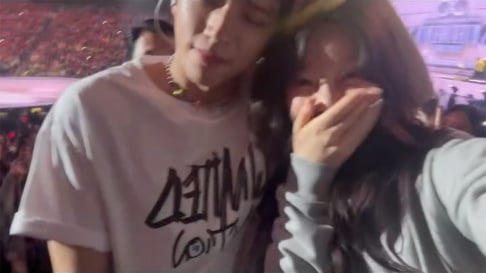
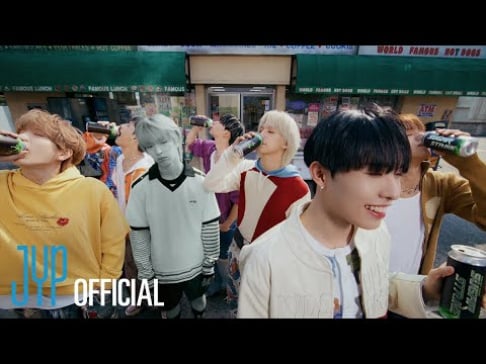



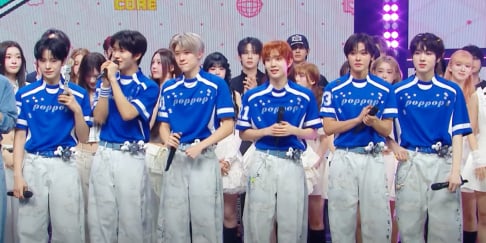


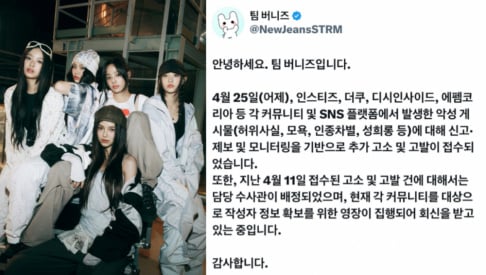

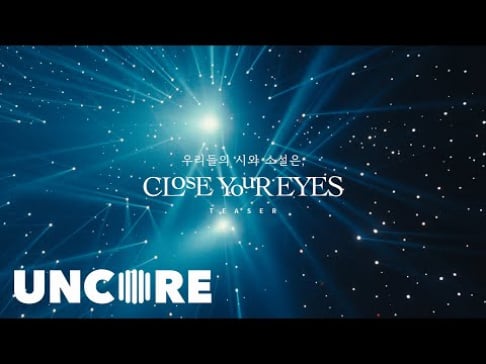


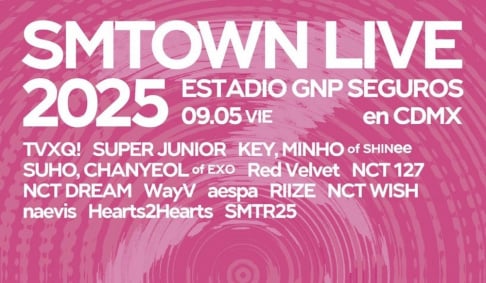












Log in to comment